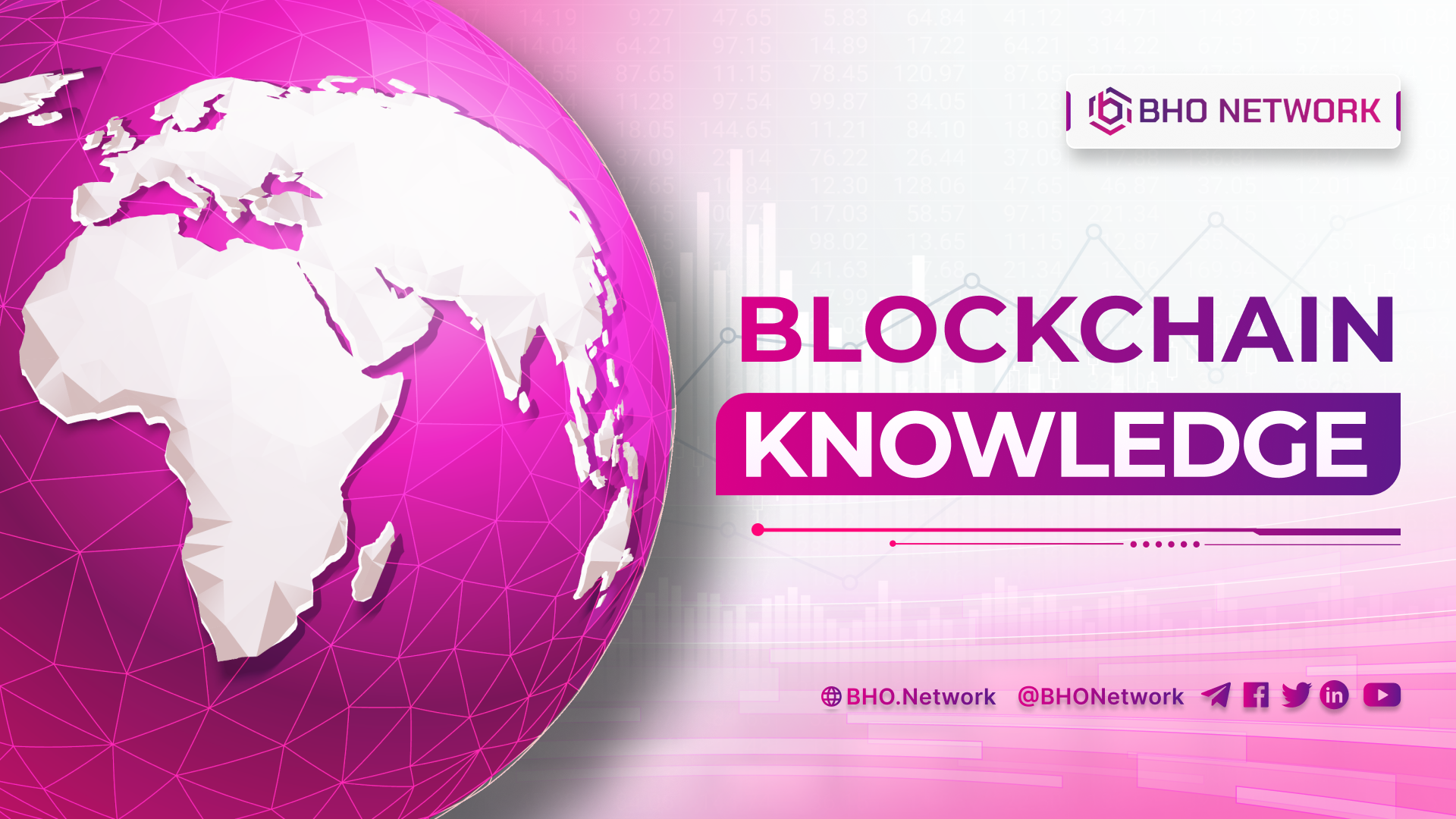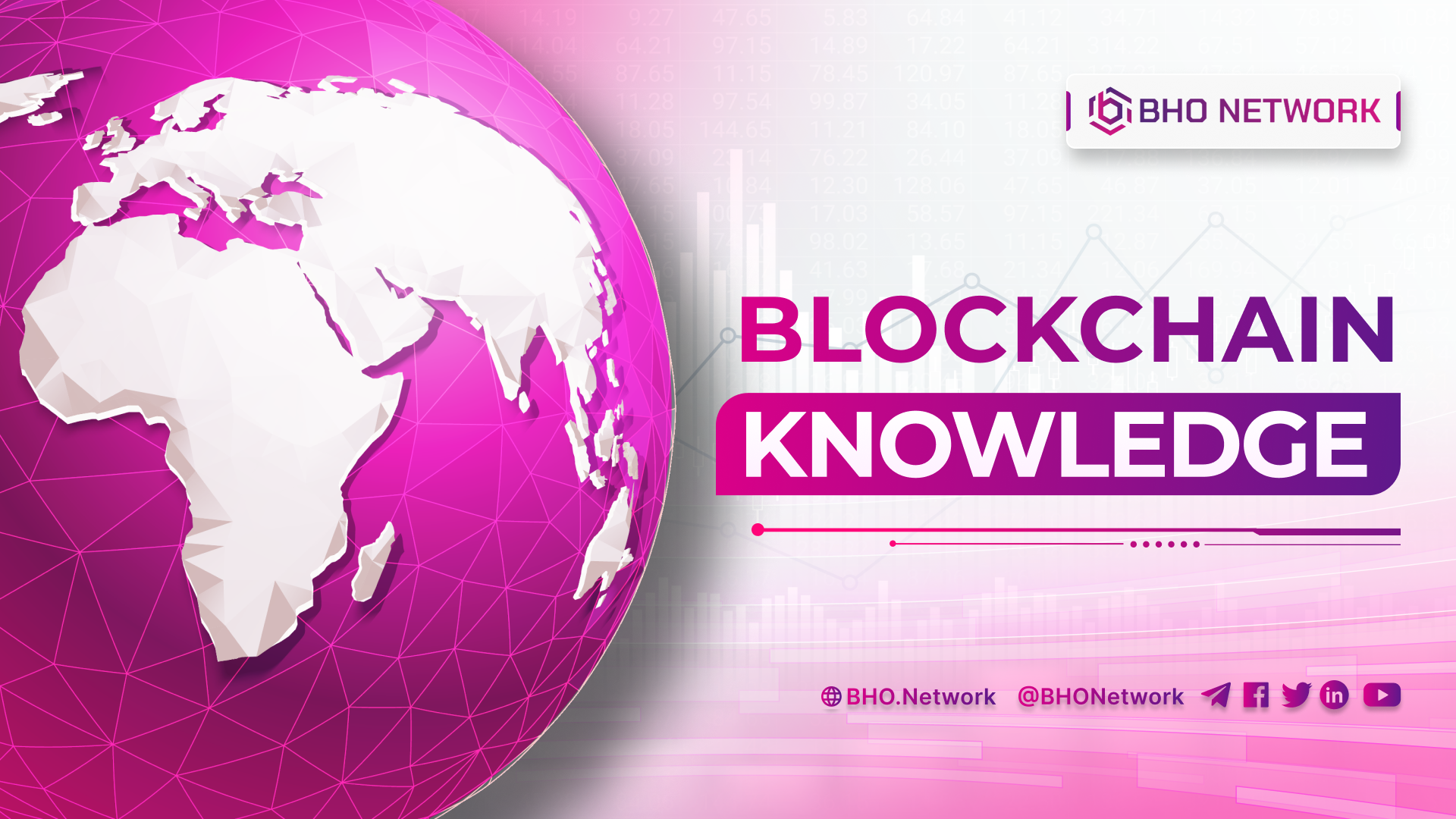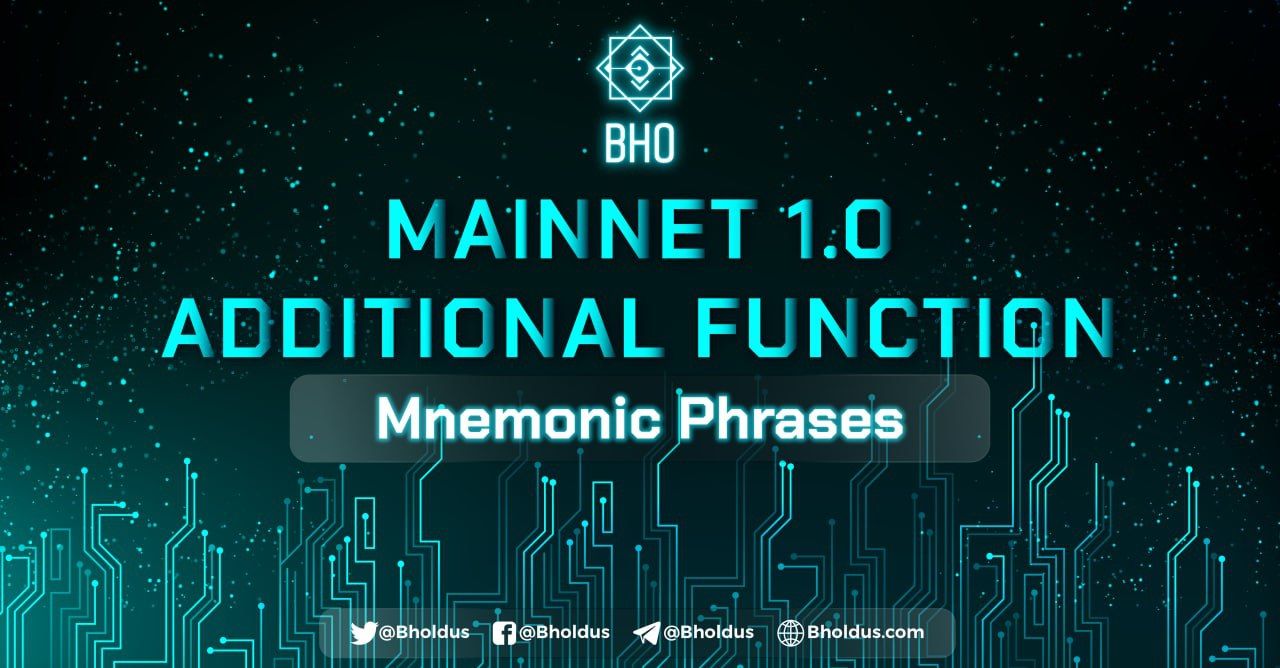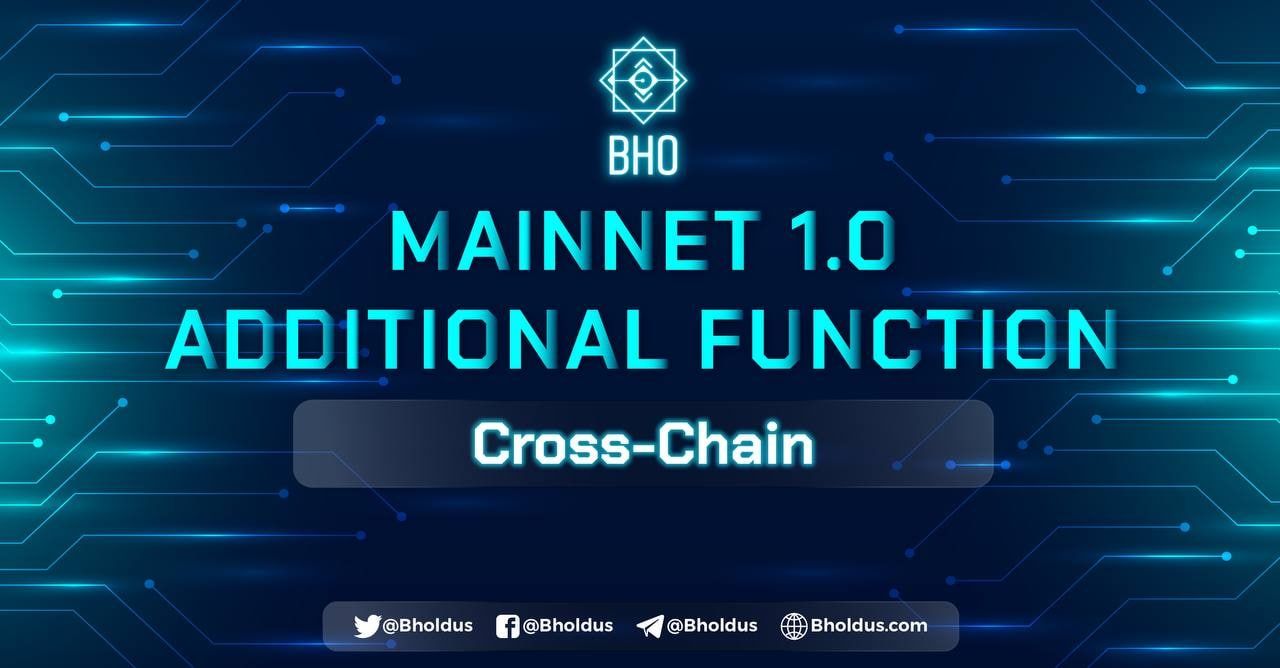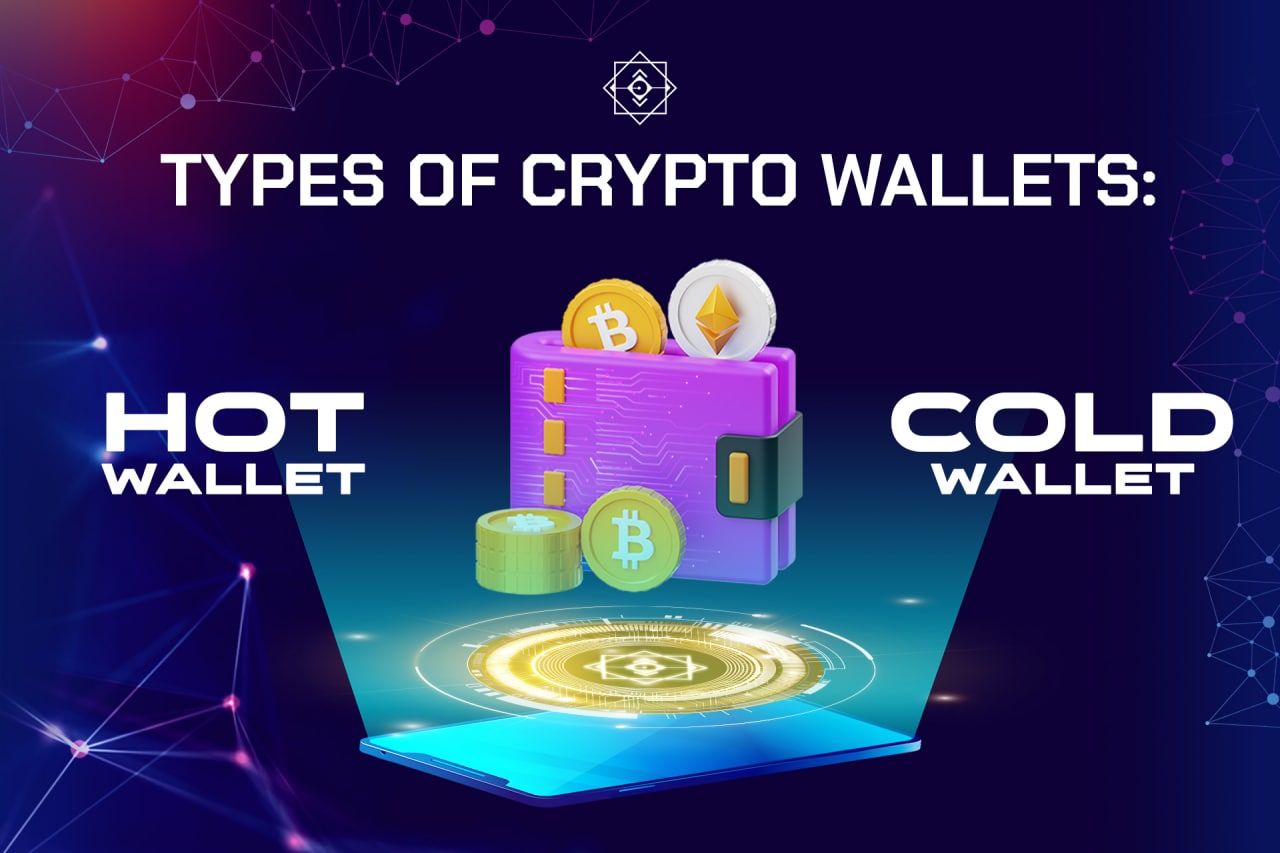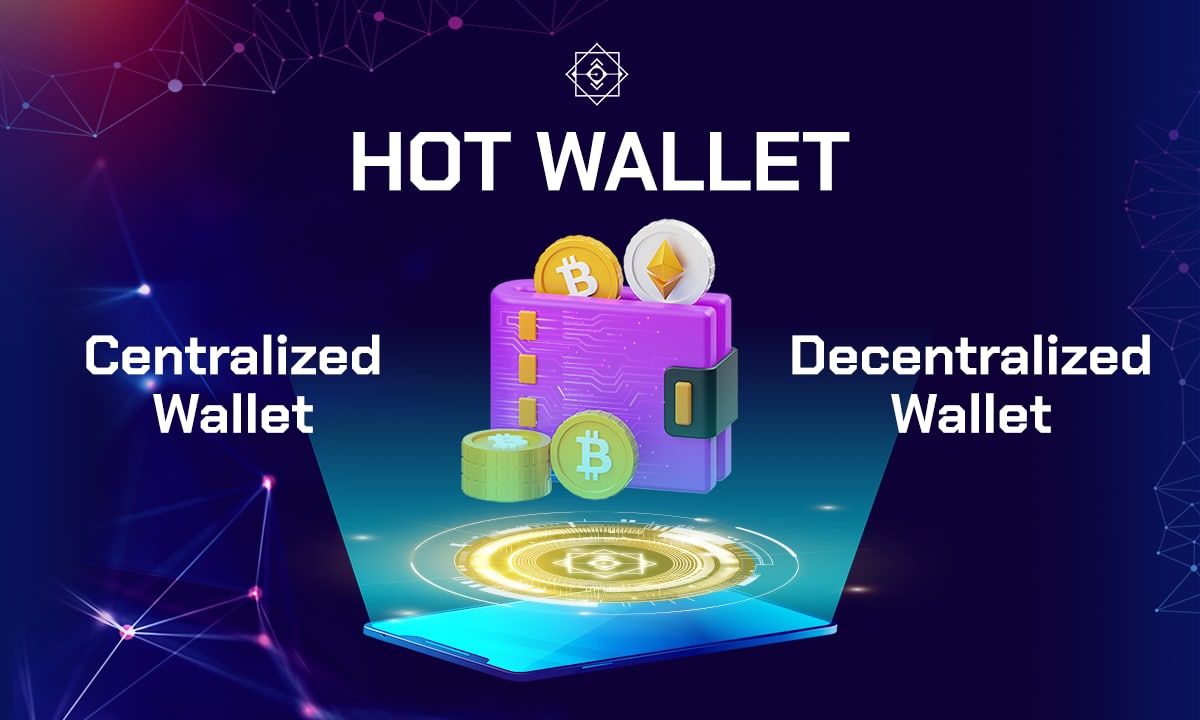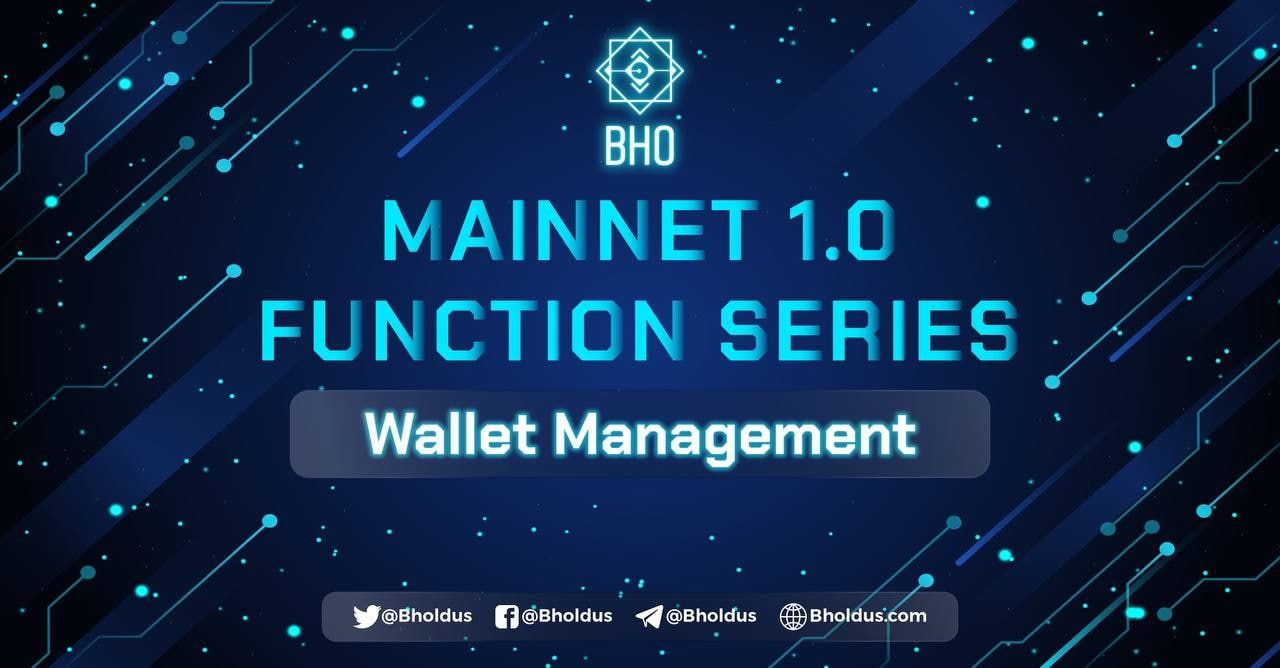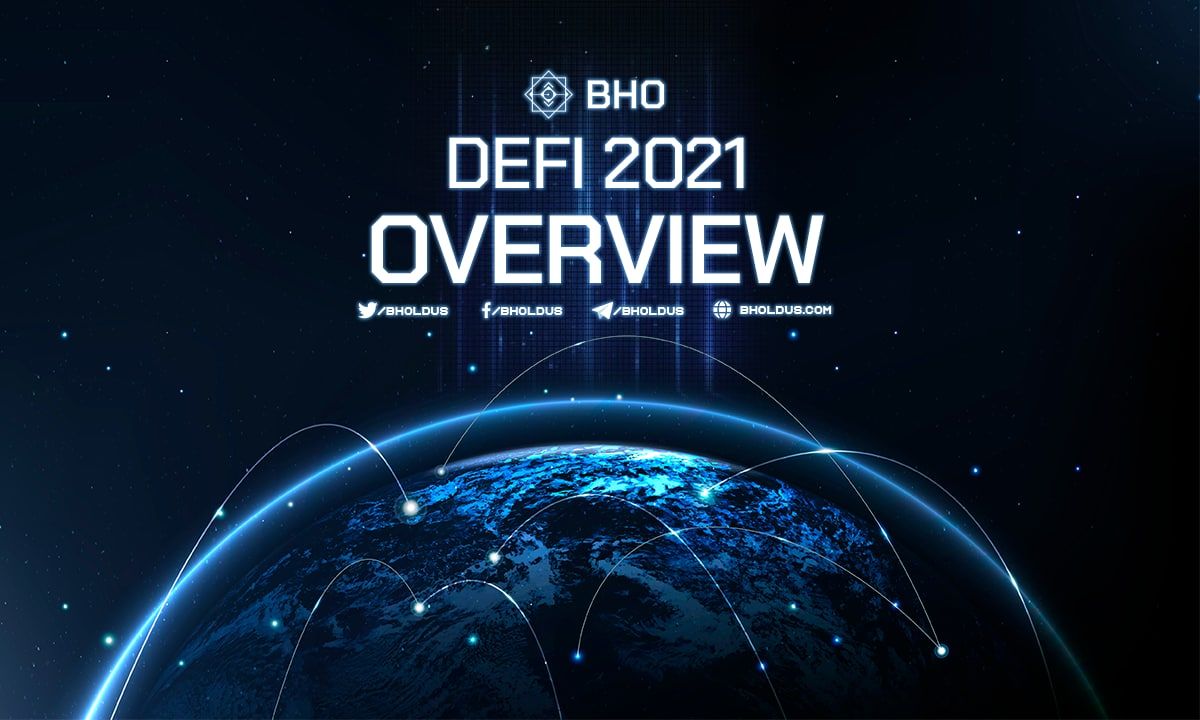- Blog
- Crypto News
- THE CRYPTO PROMISES: WHERE ARE WE HEADING?
THE CRYPTO PROMISES: WHERE ARE WE HEADING?
- Decentralized Financial Systems
- Revolutionize data
- New economic models
- Sustainable and green solutions
The rise of cryptocurrency and blockchain technology has been nothing short of revolutionary. Over the past decade, these innovations have transformed the way we perceive value, transfer wealth, and interact with the digital realm. As we venture further into the 21st century, what might our world look like when crypto and blockchain reach their full potential and achieve mass adoption worldwide?
Decentralized Financial Systems
The traditional banking system, with its centralized intermediaries, might become a relic of the past. The future will likely see a decentralized financial system (DeFi) where individuals can lend, borrow, and trade assets without the need for banks or brokers. This would reduce fees, increase speed, and potentially democratize access to financial services globally.
For example, through DeFi platforms, people in developing countries can secure microloans by leveraging crypto assets, empowering small businesses and promoting entrepreneurship.Migrant workers will benefit immensely as they can send remittances home at a fraction of the current costs and almost instantaneously, bypassing expensive middlemen and banking barriers. Real estate properties could be tokenized, allowing individuals to buy fractional ownership. This means that rather than buying an entire property, you could own 0.1% of a penthouse in New York or 0.5% of a beachfront property in Malibu. Smarcontracts will help automate and simplify property sales, ensuring funds and property deeds change hands only when all conditions are met, reducing fraud and speeding up transactions
With blockchain's transparent and immutable nature, every transaction will be traceable to its source, thereby drastically reducing fraud and corruption. The concept of "trust" will no longer hinge on a middleman's credibility but on the infallible nature of decentralized ledgers.
Revolutionize data
With data being stored in a decentralized system, available for multi-platform, people will have access to data more easily and this will bring up an endless possible possibilities:
-
People will have full control over their wealth, data, and digital identities. No longer would giant corporations or governments hold undue influence over personal data. With self-sovereign identities, individuals could share or withhold personal information at their discretion. Content creators will benefit more from platforms and will - by all means - own their contents. Users will no longer have to worry about their data being stolen.
-
Patients could have access to their health records via a blockchain. This means when traveling or changing doctors, the medical history could be easily and securely shared, ensuring continuity in care. Counterfeit drugs could be curtailed with blockchain by tracking medications from the manufacturer to the end consumer, ensuring authenticity.
-
With blockchain's traceability, goods can be tracked from origin to consumer, ensuring authenticity and reducing counterfeit products. This could revolutionize industries from agriculture to luxury goods, ensuring ethical practices and quality assurance. For examples: Consumers will know exactly where their food came from. Scan a QR code on a packet of coffee beans, and you could see its journey from a farm in Colombia, through processing, shipping, and onto the store shelf.
-
Furthermore, with decentralized data storage, the metaverse - a collective virtual shared space, will likely become more prevalent. Within this space, various blockchain networks could interoperate, allowing assets and data to move seamlessly between different virtual worlds and platforms.
New economic models
Tokenomics, the economic models based around tokens or cryptocurrencies, could lead to innovative business strategies and community-driven projects. We might see more decentralized autonomous organizations (DAOs) where operations and decisions are made collectively by its members rather than a centralized authority.
Sustainable and green solutions
With the maturation of blockchain technology, eco-friendly consensus algorithms will likely replace energy-intensive ones, leading to sustainable crypto ecosystems. These advancements could also enable better tracking of carbon footprints and environmental impact across industries.
The full potential of crypto and blockchain technology paints a vision of a world that's more decentralized, transparent, and equitable. While challenges remain, such as regulatory concerns and technological barriers, the trajectory is clear. As with all transformative technologies, it’s not just about the innovation itself, but how society chooses to adopt, adapt, and evolve with it. The future of crypto isn't just about finance or technology; it's about reshaping the very fabric of our global society.
Published on October 29, 2023
Tagged topics
